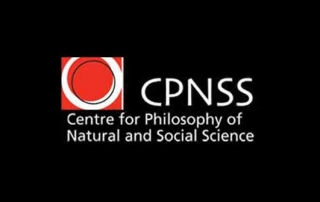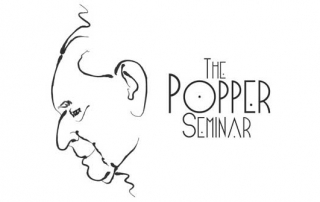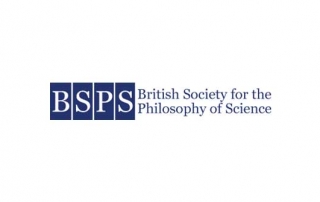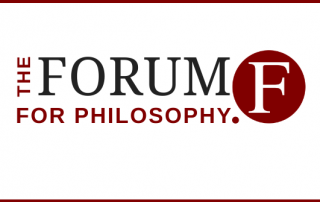Robert Elwood (Queen’s University Belfast): “Do Invertebrate Responses to Noxious Stimuli Offer Insights into Pain and Sentience?”
Robert Elwood (Queen’s University Belfast): “Do Invertebrate Responses to Noxious Stimuli Offer Insights into Pain and Sentience?”
This talk was recorded at the Centre for Philosophy of Natural and Social Science’s interdisciplinary workshop on the origins of consciousness, which brought together philosophers, neuroscientists, experimental biologists and evolutionary biologists.








Connect with us
Facebook
Twitter
Youtube
Flickr